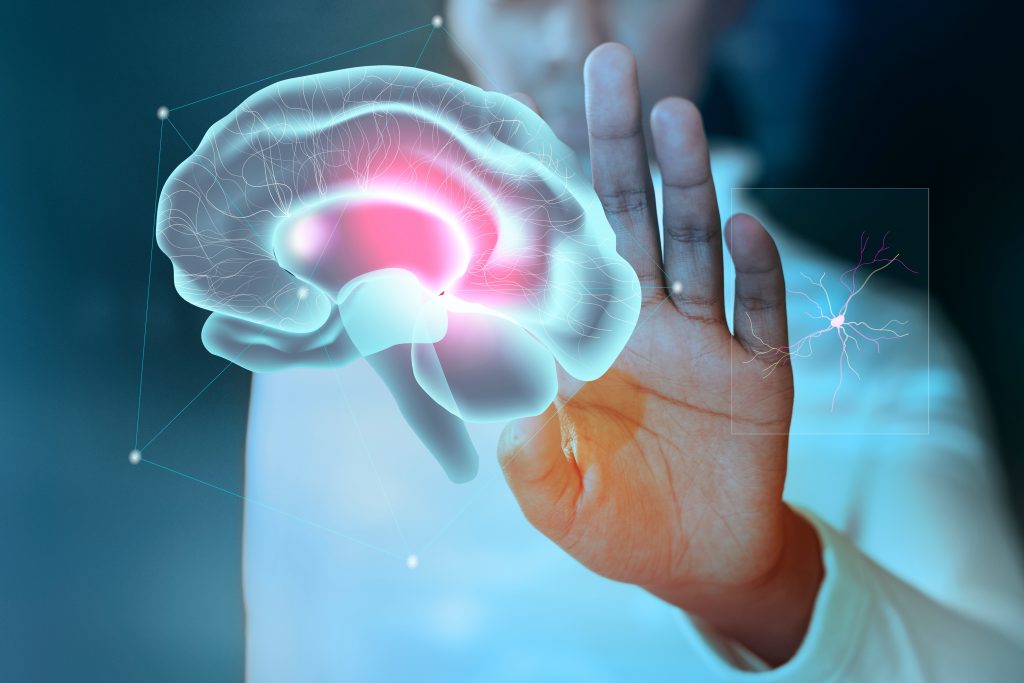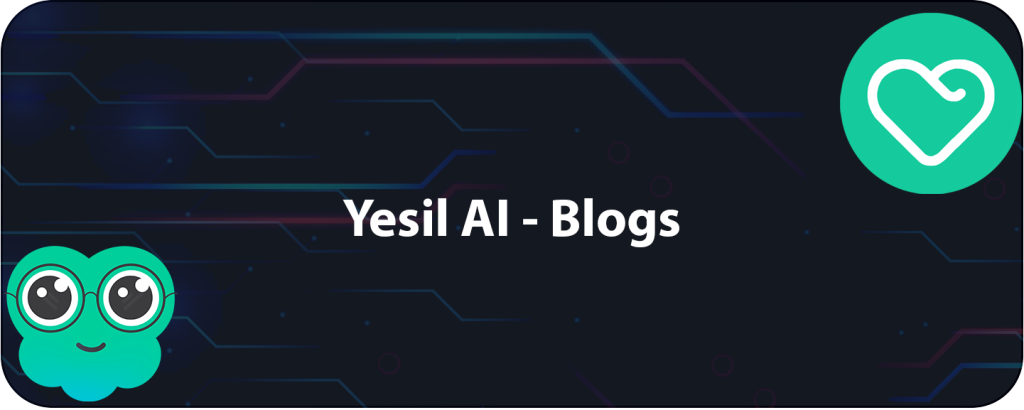Stroke can be defined as basic as is a sudden interruption in the blood flow of the brain.
Signs / Symptoms
What's common signs of stroke?
It is based on depend on which brain’s part and how severely it is injured.
- Sudden weakness
- Loss of sensation
- Difficulty with speaking, seeing, or walking
- Severe headache with no known cause
Common causes
What's common causes of stroke?
Ischemic Stroke is caused by an abrupt blockage of arteries that feed brain.
- High blood pressure
- Diabetes
- Heart and blood vessel diseases.
- High LDL cholesterol levels
- Smoking
- Being overweight and obese
- Living or working in areas with air pollution.
- Obstructive sleep apnea
- Viral infections such as COVID-19
- Physical inactivity
Hemorrhagic Stroke is by bleeding into brain tissue when a blood vessel bursts.
- High blood pressure
- Brain aneurysms or arteriovenous malformations (AVMs).
- Viral Infections or conditions that cause inflammation,
- Age
- Family history and genetics
- Anxiety, depression, and high stress levels.
- Blood-thinners or other medicines
- Unhealthy lifestyle habits such as drinking alcohol, using illicit drugs
Departments & Emergency
If an individual has signs or symptoms it is recommended to seek urgent medical help such as calling 9-1-1 or going to an Emergency Room.
Diagnosis
- Medical history
- Physical examination
- Blood tests
- Imaging test
Treatment
- Medicines
- Surgery
- Supportive treatments
- The FAST test can help remember what to do if an individual think someone may be having a stroke:
- F—Face: Ask the person to smile. Does one side of the face droop?
- A—Arms: Ask the person to raise both arms. Does one arm drift downward?
- S—Speech: Ask the person to repeat a simple phrase. Is their speech slurred or strange?
- T—Time: If an individual observes any of these signs, call 9-1-1 right away. Early treatment is essential.
FAQ
What should you do immediately after a stroke?
- Call 911 immediately
- Note the time first see symptoms
- Perform CPR, if necessary
- DO NOT Let that person go to sleep or talk you out of calling 911
- DO NOT Give them medication, food, or drinks
- DO NOT Drive yourself or someone else to the emergency room
Can you ever be normal after a stroke?
Rehabilitation helps ease the transition from hospital to home and can help prevent another stroke. Some people recover fully, but others have long-term or lifelong disabilities.
References:
- http://www.strokecenter.org/patients/about-stroke/what-is-a-stroke/
- https://www.nhs.uk/conditions/stroke/prevention/
- https://www.mayoclinic.org/diseases-conditions/stroke
- https://www.nhlbi.nih.gov/health-topics/stroke
- https://emedicine.medscape.com/article/1916852-overview
- https://www.cdc.gov/stroke/index.htm



